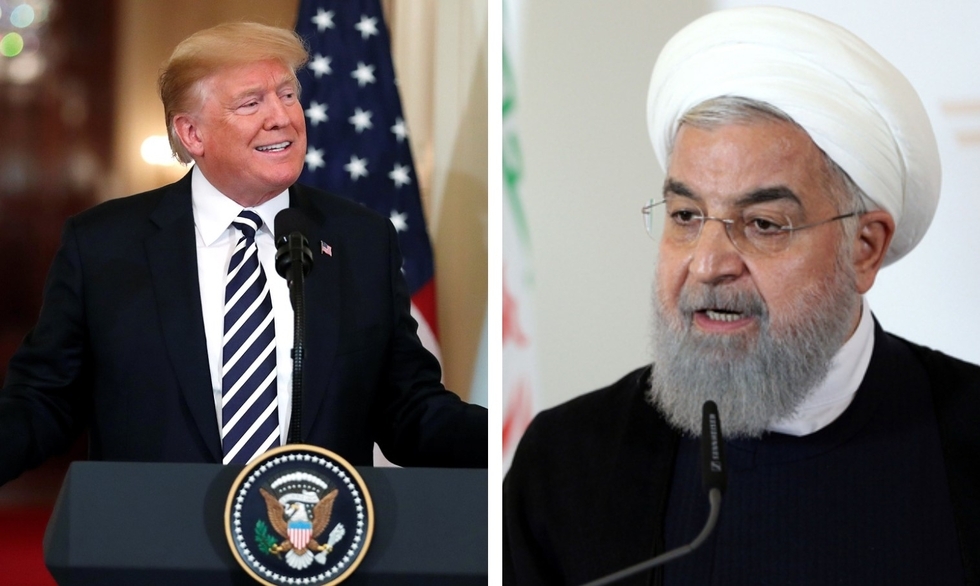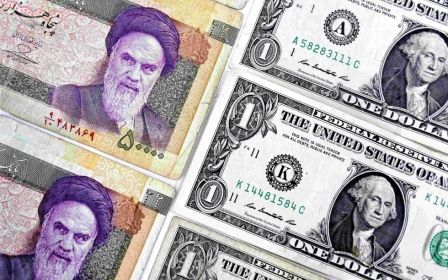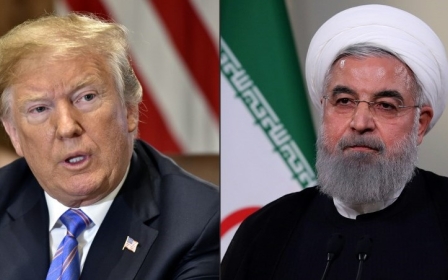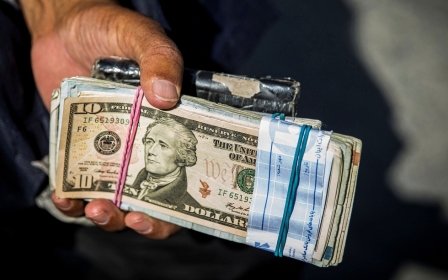US reimposes sanctions on Iran, spelling end to 2015 pact

The United States reimposed a number of sanctions on Iran on Tuesday, turning the clock back to a time before 2015, when Tehran had penalties lifted in return for curbing its nuclear programme.
The first of two waves of sanctions targeted Iranian access to foreign currency and exports and imports of carpets and cars.
The renewed sanctions were among those lifted under the nuclear pact, which US President Trump unilaterally abandoned in May.
Trump said the new sanctions were designed to heap financial pressure on Iran, whose economy is already struggling. They were also being reimposed to force a "comprehensive and lasting solution" to Iranian threats, he said, including its development of missiles and regional "malign" activities in countries such as Syria, Yemen and Lebanon.
The US is seeking an end to Iran's missile development programme, which was not covered by the 2015 pact.
'If you stab someone with a knife and then you say you want talks, then the first thing you have to do is remove the knife'
- Iranian President Hassan Rouhani
The Iranian government denies it is a malign presence in the region, pointing to the US occupation of Iraq in contrast, and says its missile programme is a legitimate method of self-defence.
"The Iranian regime faces a choice," Trump said in a statement. "Either change its threatening, destabilising behaviour and reintegrate with the global economy, or continue down a path of economic isolation. I remain open to reaching a more comprehensive deal that addresses the full range of the regime's malign activities, including its ballistic missile programme and its support for terrorism."
Iranian President Hassan Rouhani on Monday said his country could hold talks with the United States only if Washington proved its trustworthiness by signing up again to the nuclear agreement.
"If you stab someone with a knife and then you say you want talks, then the first thing you have to do is remove the knife," Rouhani said in a speech broadcast live on state television.
More to come
Heavier US sanctions, aimed at Iran's oil sector, are due in November. The US president wants as many countries as possible to cut their imports of Iranian oil to zero.
Iran's rial currency has lost half its value since April under the threat of revived US sanctions, but the EU and China said they would not be curtailing business with Iran.
Trump's top security adviser on Monday urged Iran to take up an offer of talks with the United States or suffer more pain from economic sanctions, an invitation Iran's president dismissed as "psychological warfare".
Hours before revived US sanctions were due to kick in, John Bolton, the national security adviser, said Iran should pay heed to Trump's willingness to negotiate.
"They could take up the president's offer to negotiate with them, to give up their ballistic missile and nuclear weapons programmes fully and really verifiably," Bolton told Fox News.
The EU voiced regret at the looming US sanctions.
"We are determined to protect European economic operators engaged in legitimate business with Iran," the EU's foreign policy chief, Federica Mogherini, said in a statement co-signed by the foreign ministers of Britain, France and Germany.
A senior official at Iran’s economy ministry said Tehran did not think the economic impact of the sanctions would be "massive".
"Many countries, including Europeans, disagree with the US sanctions and are willing to work with Iran,” the official, who asked not to be identified, told Reuters.
China has also rejected a US request to halt oil imports from Iran, Bloomberg news reported last week.
New MEE newsletter: Jerusalem Dispatch
Sign up to get the latest insights and analysis on Israel-Palestine, alongside Turkey Unpacked and other MEE newsletters
Middle East Eye delivers independent and unrivalled coverage and analysis of the Middle East, North Africa and beyond. To learn more about republishing this content and the associated fees, please fill out this form. More about MEE can be found here.




